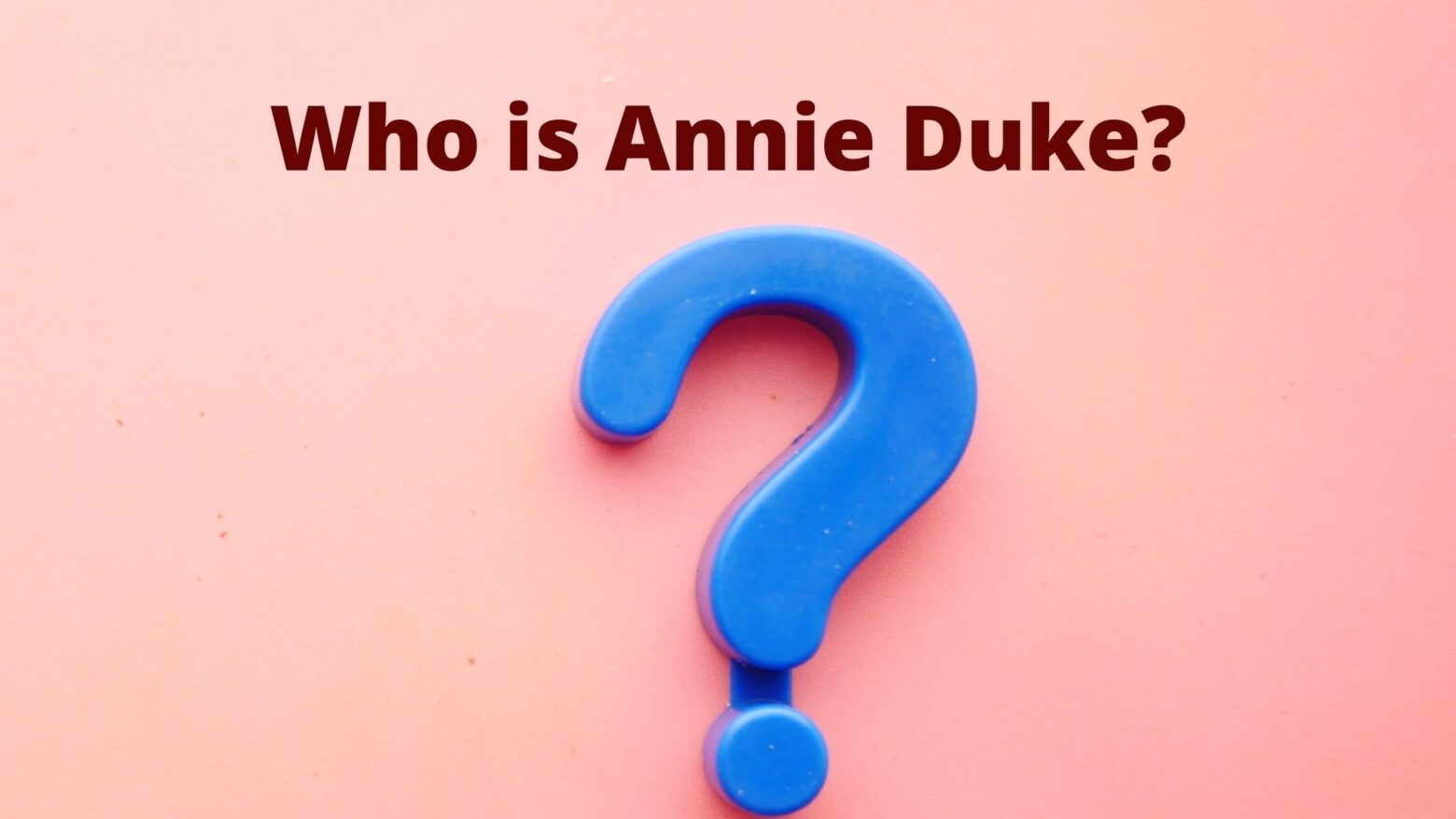About
Annie Duke is a business speaker, writer, and decision-making consultant. Annie’s next book, How to Decide: Simple Tools for Making Better Decisions, will be published by Portfolio, a Penguin Random House brand, on September 15, 2020. Thinking in Bets, her previous book is a national best-seller. Before retiring in 2012, Annie was a professional poker player who made more than $ 4 million in poker tournaments.
Works
Annie is a co-founder of The Alliance for Decision Education, a non-profit organization whose aim is to improve lives by empowering students via decision-making education. She also serves on the National Board of After-School All-Stars and the Franklin Institute‘s Board of Directors. She joined the board of the Renew Democracy Initiative in 2020.
Social Media
Read more about the Author here.
Inspiring Talks by Annie Duke
Interview
Notable quotes
- “What makes a decision great is not that it has a great outcome. A great decision is the result of a good process, and that process must include an attempt to accurately represent our own state of knowledge. That state of knowledge, in turn, is some variation of “I’m not sure.”
- “In most of our decisions, we are not betting against another person. Rather, we are betting against all the future versions of ourselves that we are not choosing.”
- “Improving decision quality is about increasing our chances of good outcomes, not guaranteeing them.”
- “Thinking in bets starts with recognizing that there are exactly two things that determine how our lives turn out: the quality of our decisions and luck. Learning to recognize the difference between the two is what thinking in bets is all about.”
- “Even research communities of highly intelligent and well-meaning individuals can fall prey to confirmation bias, as IQ is positively correlated with the number of reasons people find to support their own side in an argument”
- “Despite the popular wisdom that we achieve success through positive visualization, it turns out that incorporating negative visualization makes us more likely to achieve our goals.”
- “The secret is to make peace with walking around in a world where we recognize that we are not sure and that’s okay. As we learn more about how our brains operate, we recognize that we don’t perceive the world objectively. But our goal should be to try.”
- “frame: the smarter you are, the better you are at constructing a narrative that supports your beliefs, rationalizing and framing the data to fit your argument or point of view.”
- “When someone asks you about a coin they flipped four times, there is a correct answer: “I’m not sure.”
- “When we work toward belief calibration, we become less judgmental of ourselves.”
